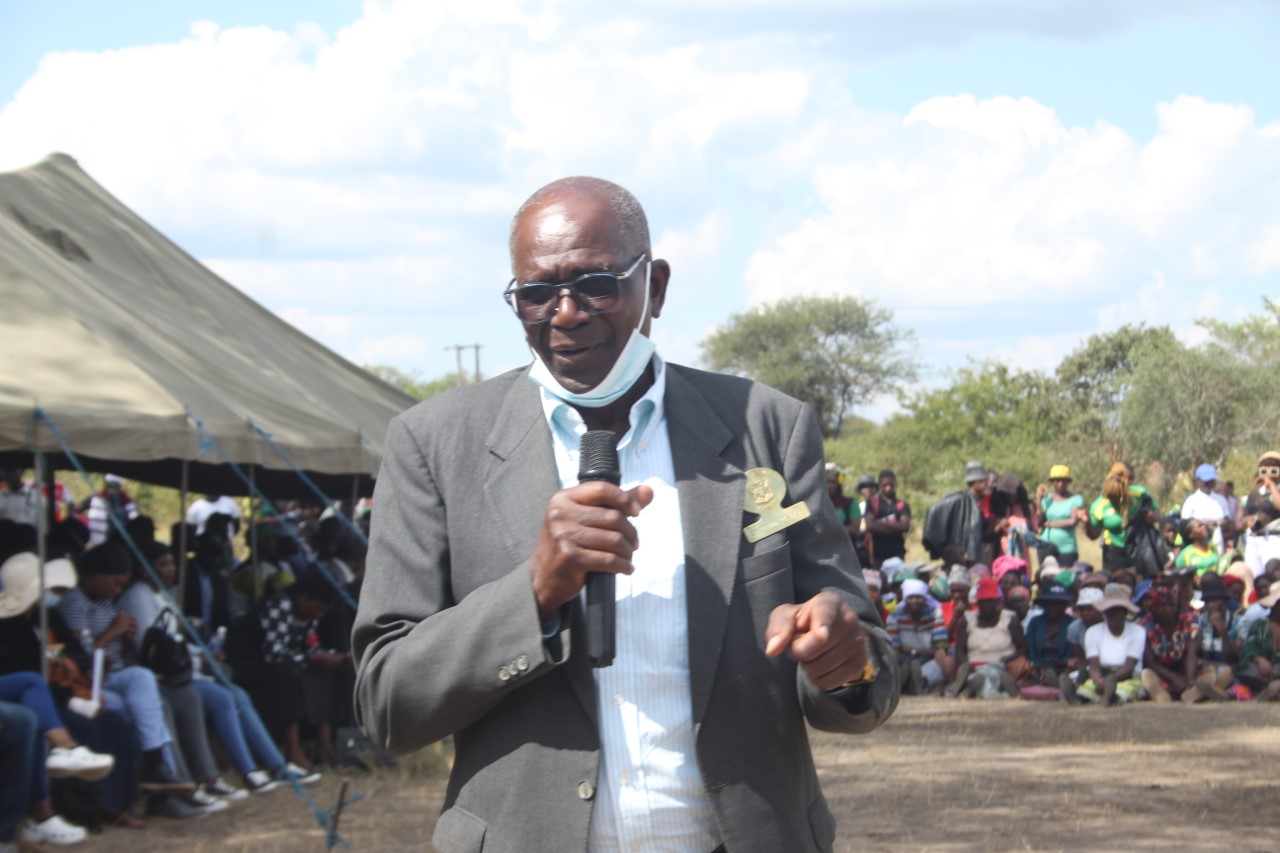By Staff Reporter
Chief Malisa has raised concern over the lack of medical laboratory services in rural health facilities, saying the gap is contributing to poor healthcare outcomes, particularly in the fight against non-communicable diseases (NCDs) in areas like Silobela.
Speaking during a stakeholder engagement meeting recently, the traditional leader said villagers are forced to travel long distances—often to urban centres like Kwekwe—to access diagnostic services that should be readily available at local clinics and hospitals.
“Why can we not have a post or laboratory like Lancet or others at Silobela District Hospital for easy access for people from that area?” asked Chief Malisa.
“Why do people have to travel to Kwekwe to access such services? These laboratories are critical as they assist in clear diagnosis,” he said.
He said the absence of diagnostic infrastructure is hampering early detection and treatment of illnesses, particularly non-communicable diseases such as diabetes, hypertension, and various forms of cancer.
“Most of our villagers are battling non-communicable diseases and we end up losing people with issues that could be easily resolved if only they had full health access,” Chief Malisa added.
Non-communicable diseases are a growing public health concern in Zimbabwe, accounting for over 30% of all deaths according to recent data from the Ministry of Health and Child Care. In rural areas, the burden is worsened by limited access to screening, diagnostics, and specialist care, leaving many people unaware of their condition until it is too late.
The World Health Organization (WHO) notes that early diagnosis and regular monitoring are critical to managing NCDs effectively. However, in remote areas like Silobela, the nearest laboratory services are often more than 50 kilometers away and are largely provided by private players, putting them beyond the reach of low-income households.
Stakeholders at the meeting echoed Chief Malisa’s concerns, calling for increased government and private sector investment in rural health infrastructure under the National Development Strategy 1 (NDS1).
“As we push for universal health coverage, rural communities must not be left behind.Setting up basic diagnostic laboratories at rural hospitals like Silobela is not a luxury, it is a necessity,” said Naison Tambala.



